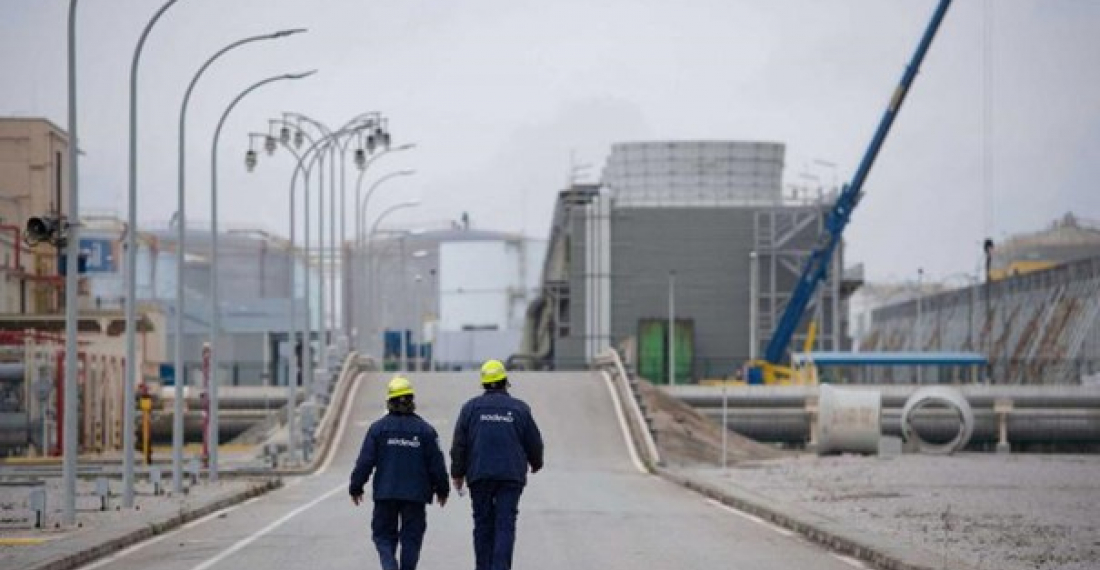Just as North African gas supplies to Europe are being seen as a part of the strategy to lessen gas dependence on Russia, Algiers warned on Wednesday (27 April) that it would break its gas supply contract with Spain if Madrid sold Algerian gas to other countries without its consent, amidst increased tensions with Spain due to the latter’s recent change of policy on the Western Sahara issue.
Spanish Energy Minister Teresa Ribera had earlier confirmed that Madrid was planning to ship some gas to Morocco, but said that the gas dispatched would not be of Algerian origin.
A strain in relations between Algeria and Spain would be damaging to both parties, considering the volume of trade. In 2021, more than 40% of the natural gas imported by Spain was supplied by the Algerian hydrocarbon giant Sonatrach. The delivery is conducted through the medgaz pipeline, which runs under the Mediterranean Sea and which has a capacity of 10 billion cubic metres per year.
The conflict in Western Sahara has already deprived Morocco of Algerian gas transiting through its territory last year. In October 2021, Algiers decided to close the Maghreb Europe (GME) gas pipeline passing through Morocco, which accounted for almost all of Morocco's gas supply.
This new warning comes in a context of tensions between Algiers and Madrid on the Western Sahara issue. Western Sahara - a vast desert area with a coastline rich in marine resources and a subsoil rich in phosphates - is a former Spanish colony classified as "non-autonomous" by the United Nations, with 80% of its territory currently under Moroccan control.
The key demand of the Polisario Front, an Algiers-backed liberation movement seeking independence for the territory, is a referendum on self-determination. This referendum was planned by the UN when a ceasefire was signed in 1991, but never implemented.
On the other hand, Rabat repeats that its 2007 autonomy plan is the best it can do to find a political solution to the conflict.
In a surprise move, on 18 March, Spanish Prime Minister Sanchez publicly announced his support for Rabat's plan for Western Sahara, describing it as the most "serious, realistic and credible" basis for a peaceful solution to the disputed territory.
The next day, Algeria announced that it was recalling its ambassador to Spain and the hydrocarbon company Sonatrach announced a rise in the price of gas delivered to Spain because of Russia's invasion of Ukraine and its effects on markets.
Indeed, due to the uncertainty caused by the Ukrainian crisis regarding Russian energy exports, North African gas deliveries to Europe have become more important.
Algeria has recently agreed to increase its gas exports to Italy and Algiers now wants to take advantage of the increase in demand for its gas after years of underperformance.







